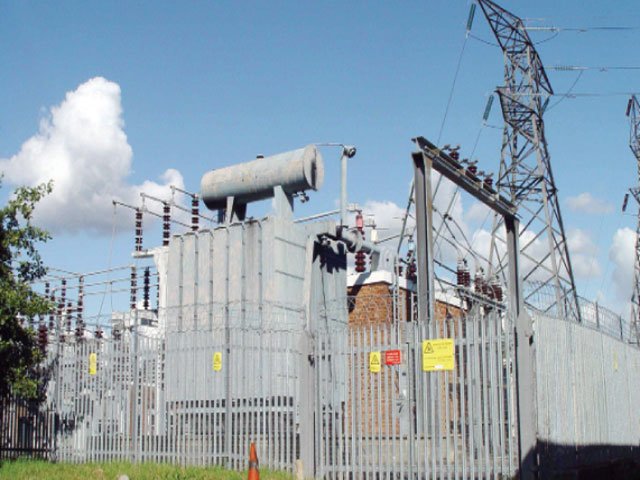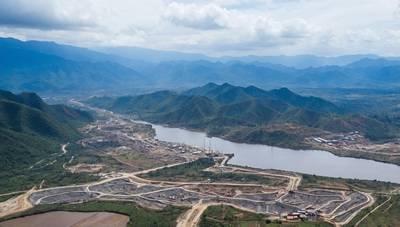
OpeOluwani Akintayo
30 December 2017, Sweetcrude, Lagos — The Independent Energy Watch Initiative of Nigeria, IWIN, has called on the Federal Government to de-emphasise rhetorics and instead focus on improved power generation in the country.
In a series of reports released by the group titled ‘Nigeria’s Power Sector in a Glance#lessTalkMorePower ‘, the group said government ought to close the gap between available generation capacity and that which is delivered, and close the gap between power transmission wheeling capability and that which is generated.
“The gap between installed available generation capacity and delivered generation capacity is ever widening (currently an average of 2,600MW). The gap between transmission capability and available generation capacity has remained unassailable.
The emphasis now should shift from the media razzmatazz of new project commissioning to utilizing available capacities”.
The report blamed appointments of round pegs to fill square holes as the cause of failure in the power sector.
“Medical technocrats manage the health sector, financial technocrats manage the finance industry, legal technocrats manage the legal profession/industry, etc. For the engineering sector, the power sector, it is an all comers’ affair: a linguist once managed the power sector. Lawyers have particularly made it a point to target the power sector; one wonders what the attraction is for lawyers in the power sector!!!”.
It highlighted that in 2006, Nigeria was able to achieve 3500 megawatts.
However, after 12 years, and after commissioning more than 500 distribution, transmission, and generation projects; after more than 1,500 workshops and seminars, Nigeria is still at 3500MW.
“3500MW is the capacity of a generating plant for a large industry in the developed world: usually managed by one chief engineer and a few engineers/technicians”.
“With generation at 3500MW what is available for use by customers is less than 2500MW. When we juxtapose the technical losses within the transmission and distribution networks, we will need a minimum of 5000MW of generation to ensure at least 3500MW for use by the customers”.
It decried the bureaucratic processes in the sector in 2006 as another challenge.
“When we were able to achieve 3500MW of power generation we had only one bureaucracy managing the power industry: the ministry of power. And the customer did not have to pay for it”.
“Today with an average generation of 3200MW for the whole of 2016, we have five bureaucracies managing the power the sector”.
IWIN alleged that electricity consumers in Nigeria are being made to pay for the bureaucratic systems in the sector.
“The customer gets to pay for four out of these bureaucracies (i.e. if you discount MoP and NEMSA). The customers also have to pay for 11 DisCos with bloated boards and complicated executive management structures. Eight GenCos with bloated boards and the TCN with a rickety infrastructure that requires costly maintenance.
Multiple bureaucracies managing less than 3500MW and we still wonder why tariff is high, and we also wonder why the chaos!”
The group pointed out that before handover to private investors in 2013, the power sector was free of external debt, and that it was able to generate an average of 4500MW on a daily basis.
“We even achieved 5000MW once. Three years after the handover, the power sector is indebted to the tune of nearly a trillion Naira. Indebted to whom and who will pay? We just complicated a simple problem!”
The group listed the difference between the pre-privatisation and post-privatisation eras, saying there is now lower levels of generation and higher tariffs for the same level of service.
“They call it cost reflective tariff, we call it paying for unnecessary bureaucracy. Phantom debts incurred in the market. Lower levels of service delivery”.
According to the group, when the government was managing the power sector, Nigeria suffered only inefficiencies. “We even had increasing levels of generation. Today, we have the private sector whose singular motive is profit. Managing the power sector, we still have the same inefficiencies, lower generation, and even external debts brought onto the market by the investors”.
It advised government to take a closer look at the data on self-generation to identify what potentials lie therein, reticulate natural gas supply within high commercial and industrial areas, increase natural gas supply within high net worth residential areas, encourage clustered generation and reticulate gas supply to designated clustered generation sites: mostly residential locations/housing estates.



